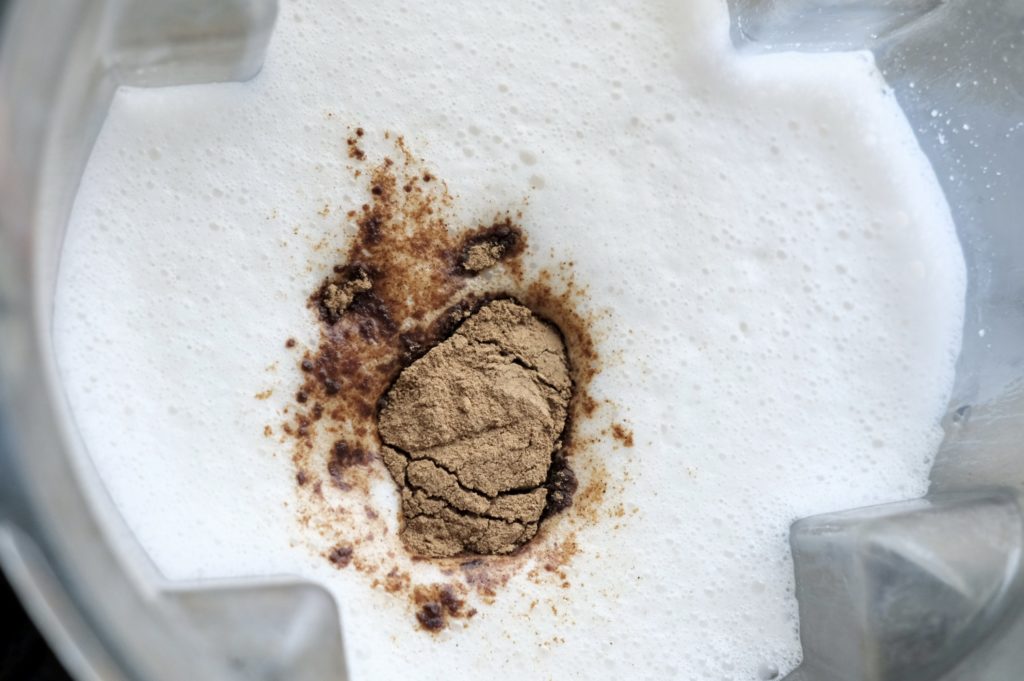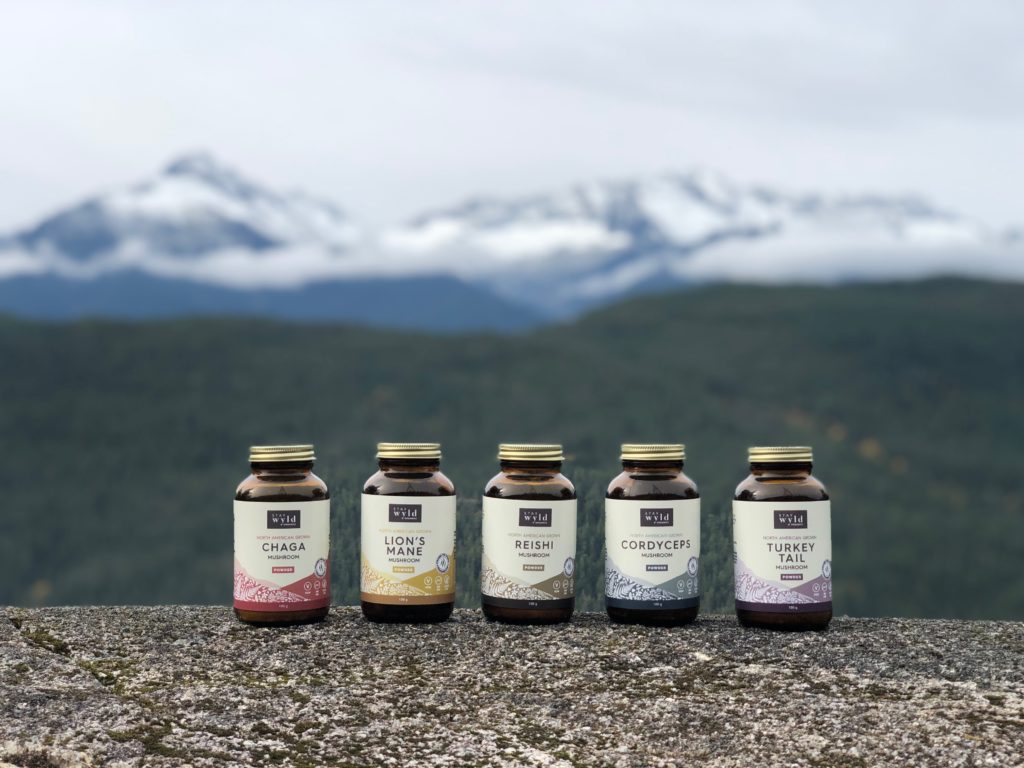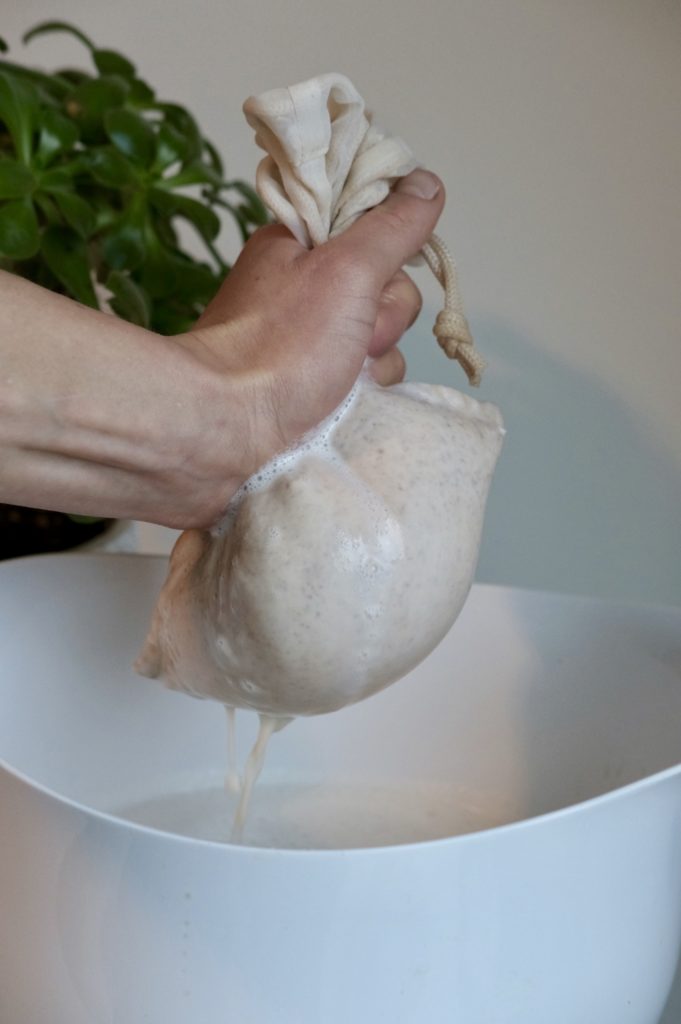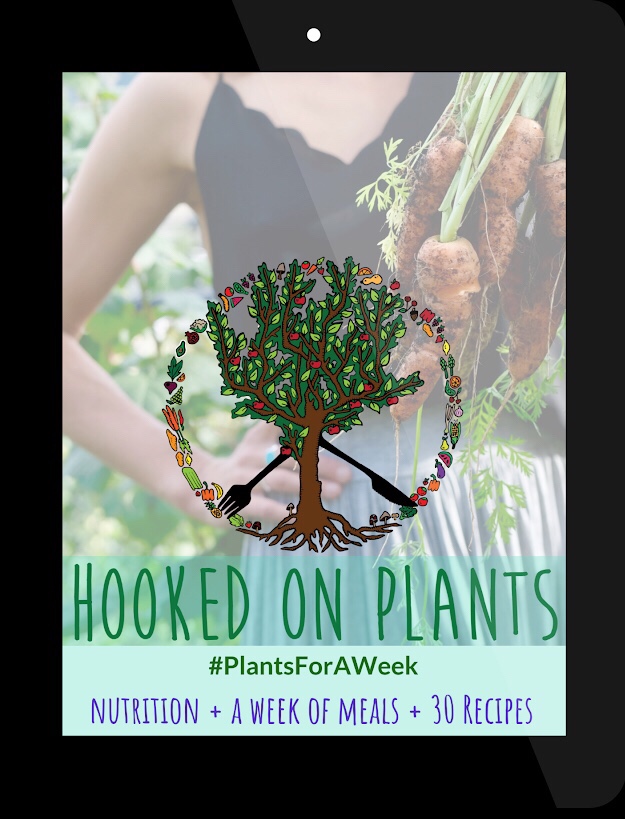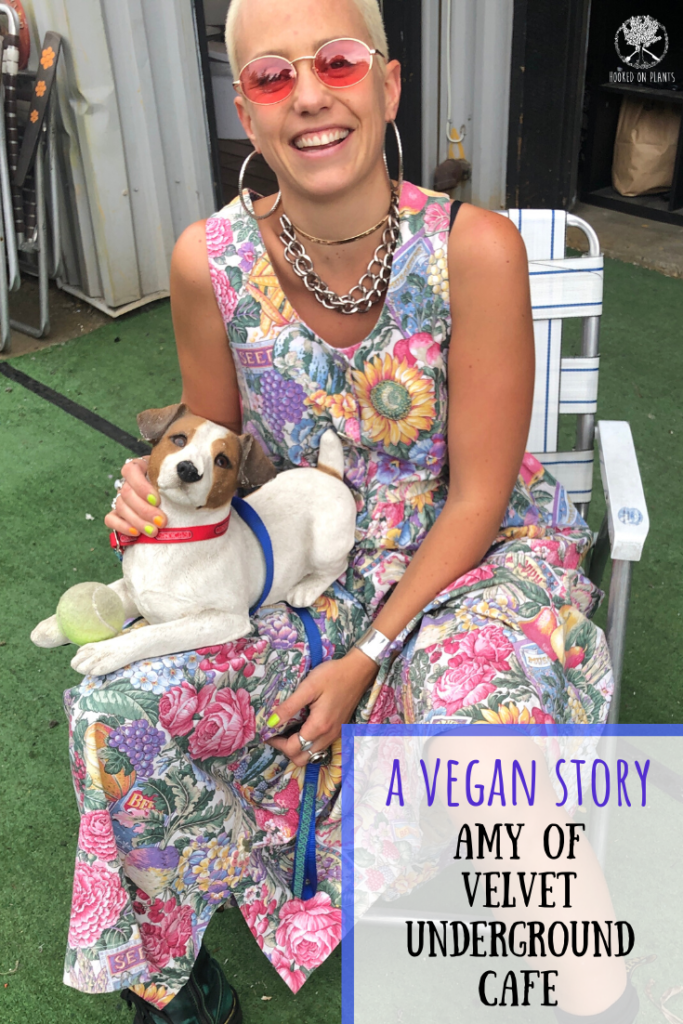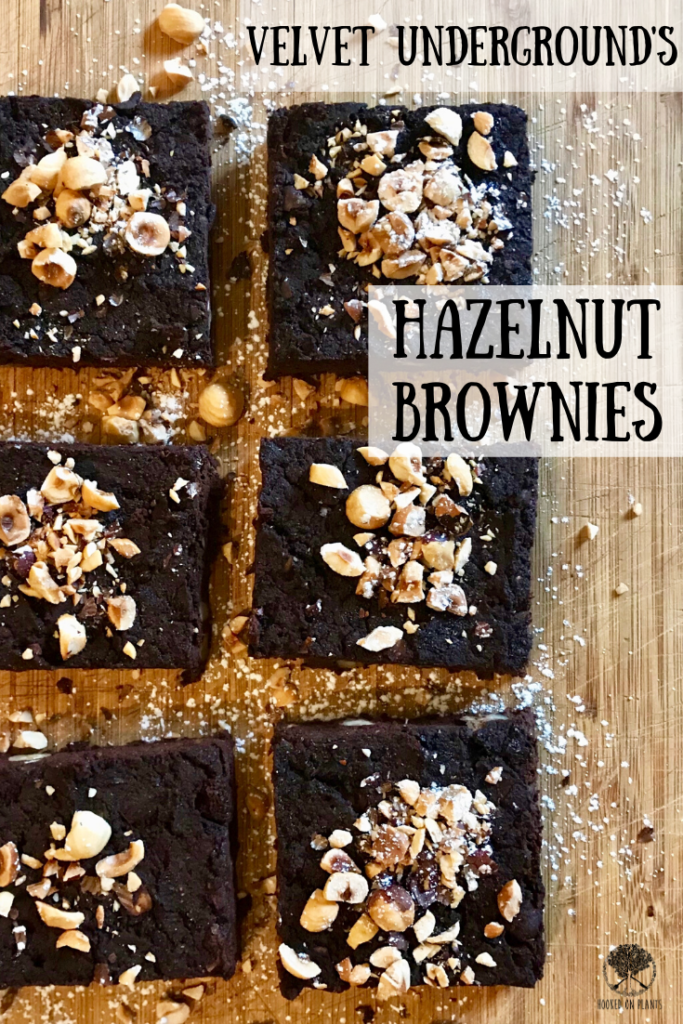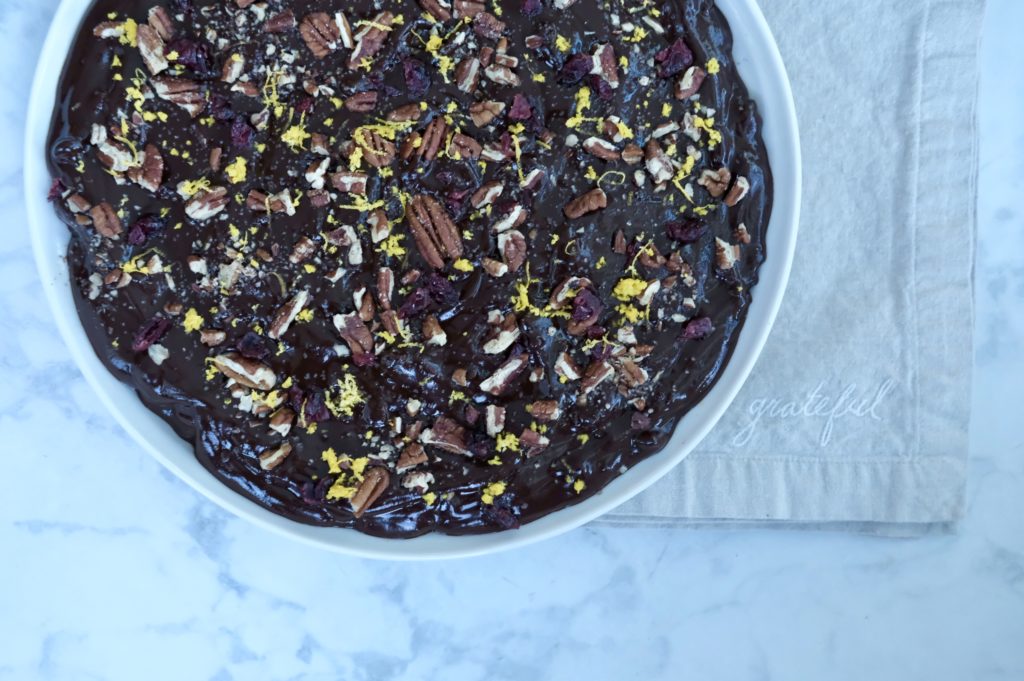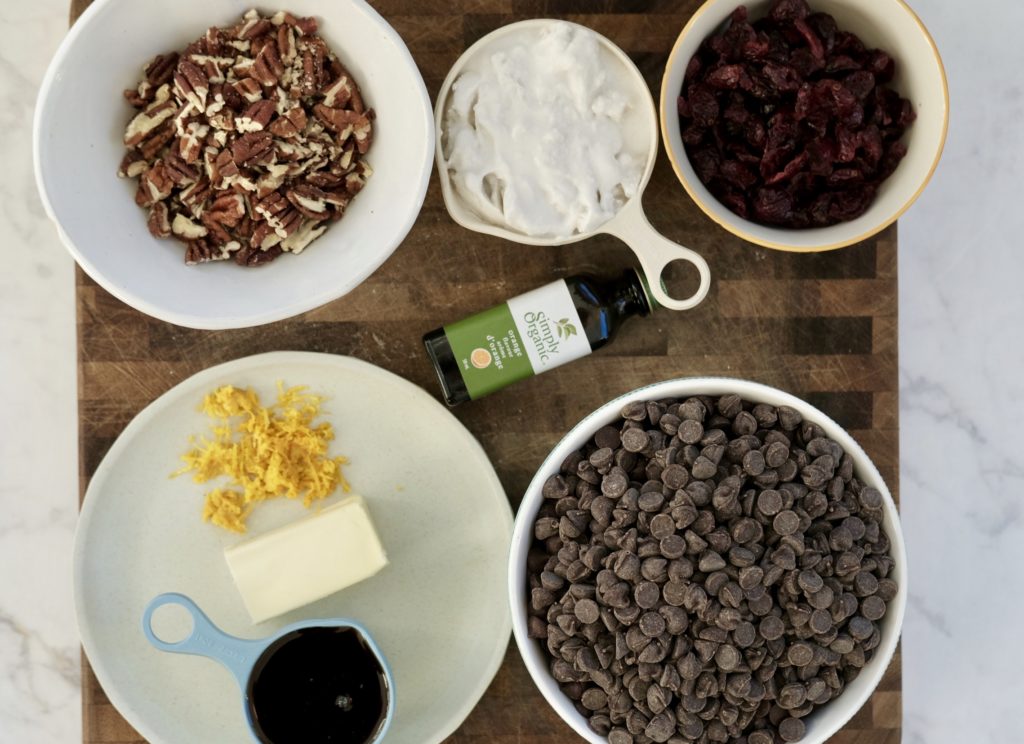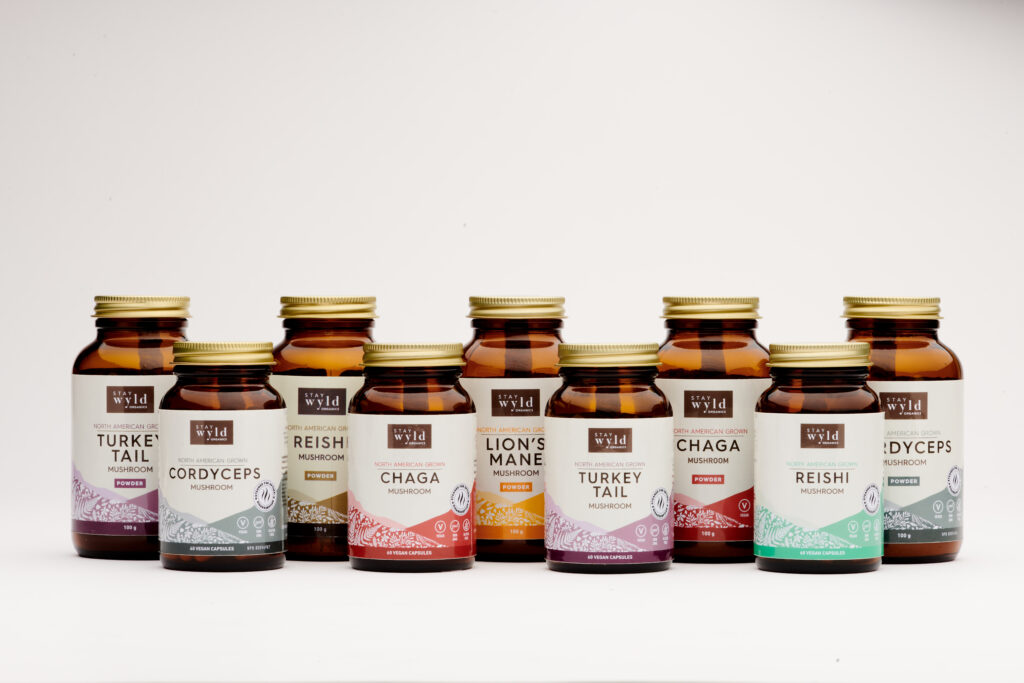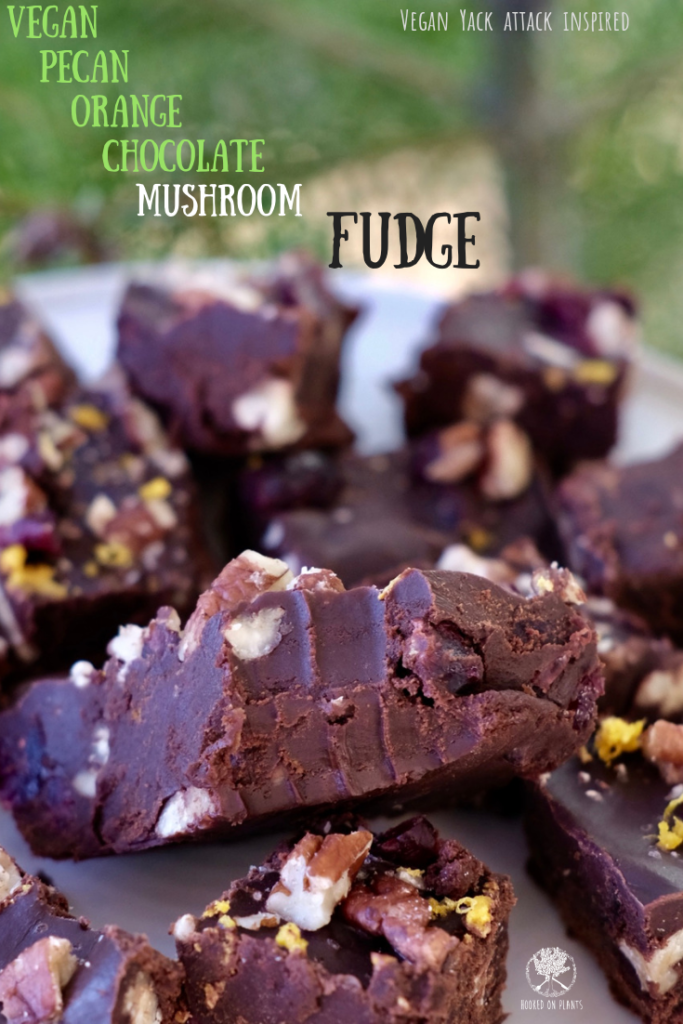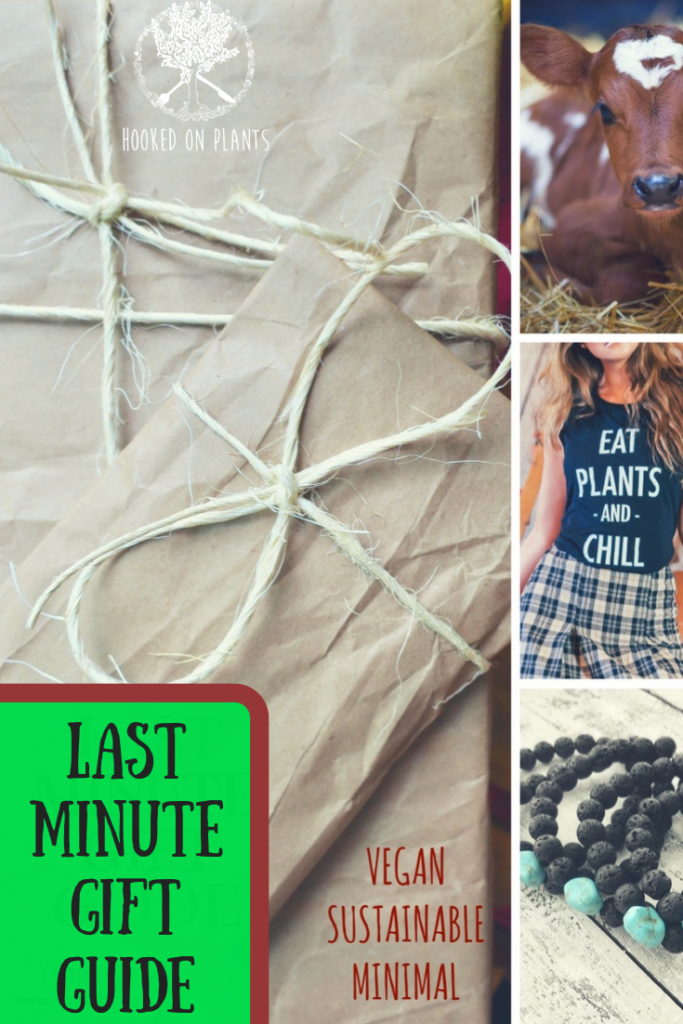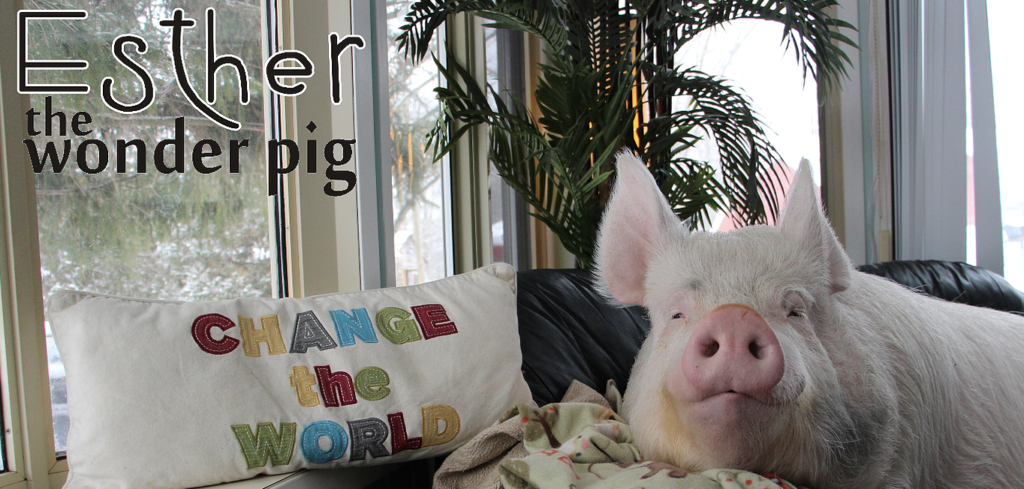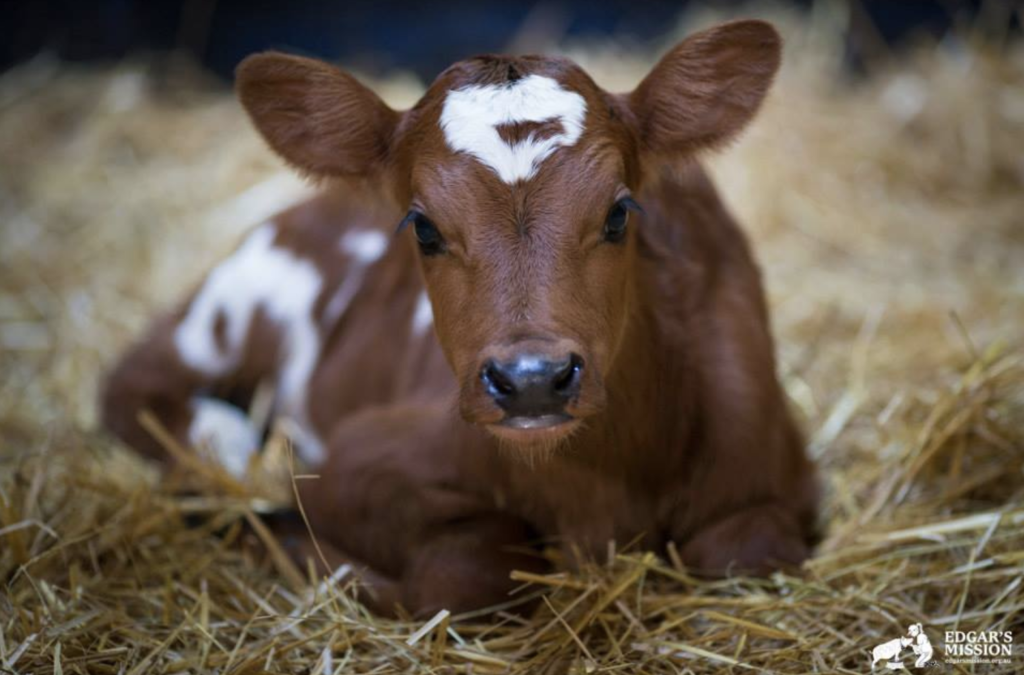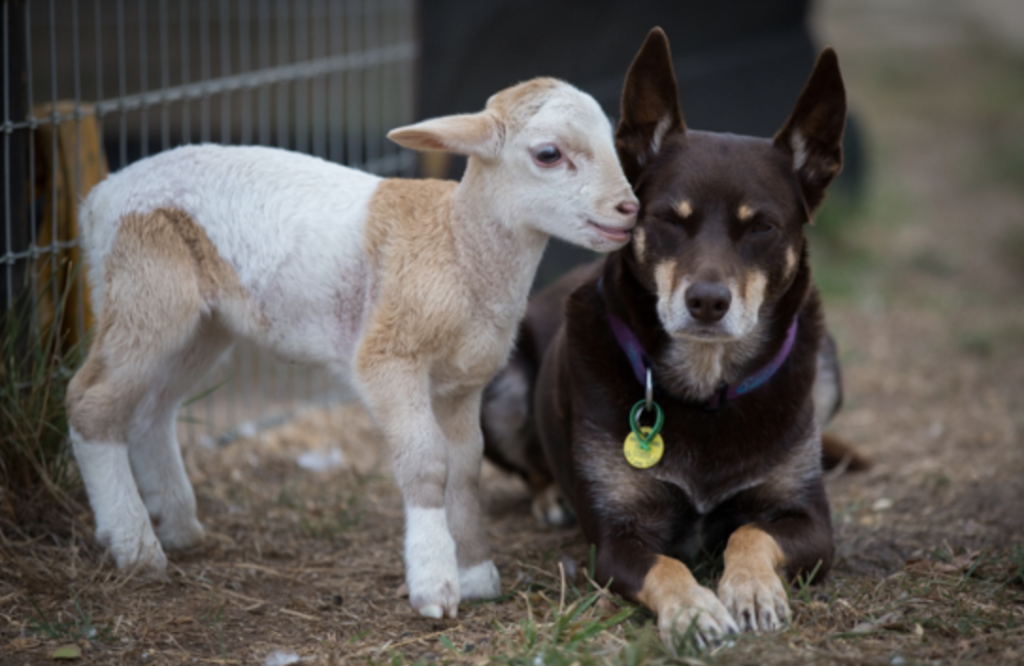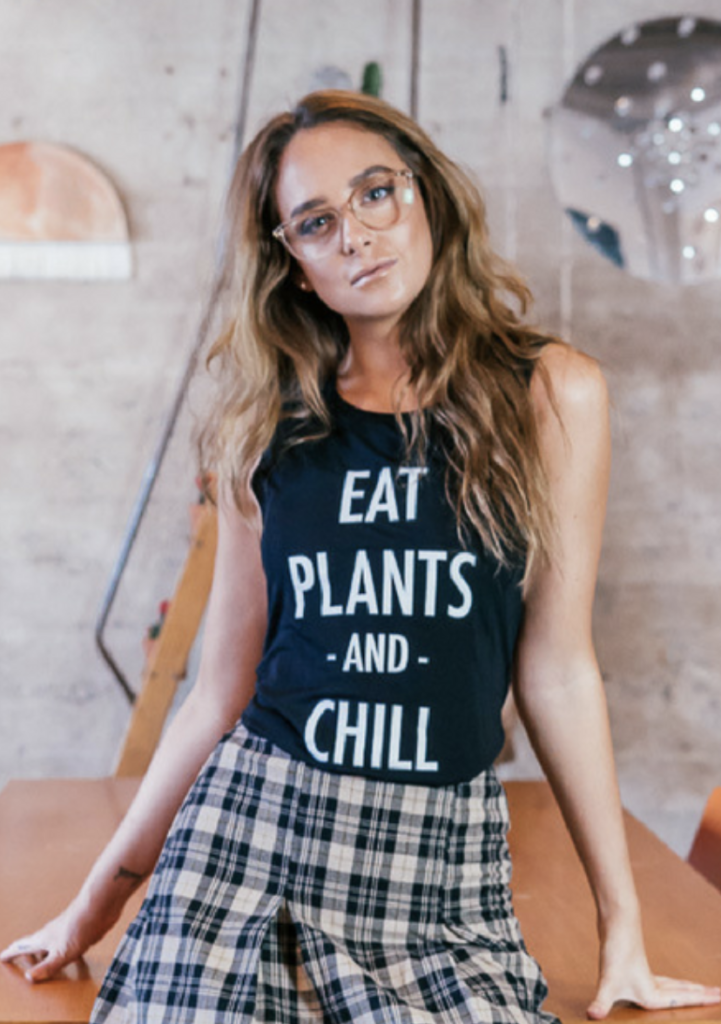Meet Lindsay!

She’s inspired me over the last few years by putting out motivating, quality content at first, and then by her personable way of reaching people and simply making everyone feel loved and support. She is AWESOME.
Lindsay O’Donnell is celebrating her 20th anniversary as a vegetarian and 10th anniversary as a vegan! She is the owner of @PiquantMarketing, a Vancouver-based agency that builds community around food brands that promote health, sustainability, and food innovation. She also runs @lindsayisvegan, a vegan-activist account that focuses on the impact our food choices have on our planet and each other.
By Lindsay:
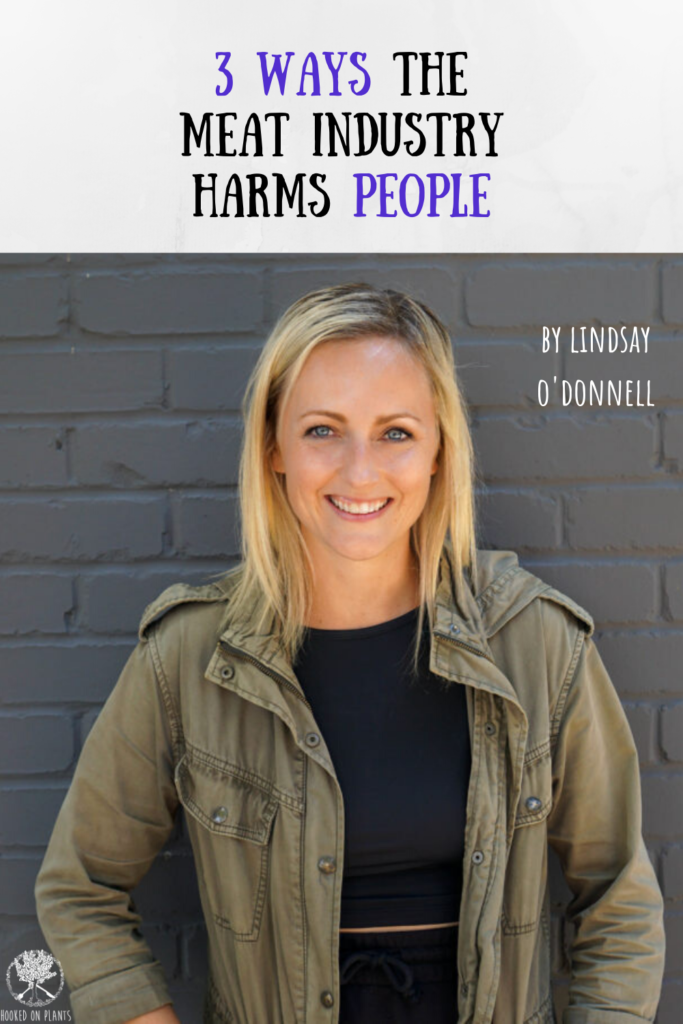
3 Ways the Meat Industry Harms People
When it comes to the meat industry, people will often say their motivation for going vegan is how destructive mass animal agriculture is to our environment. Or how utterly cruel it is for the animals. Maybe they might be doing it for their own personal health.
Each of those reasons on its own is enough to make you want to reach for tempeh instead of pork chops.
But the meat industry is also incredibly harmful to us and our communities.
- Slaughterhouses Increase Crime Rates
Even though The Jungle is a book that is more than 100 years old, it is still incredibly effective at painting a picture of inside slaughterhouses. It’s a place where exploitation is the norm and unsafe situations are common for the sake of ‘efficiency’. It also makes it easy to see how these types of environments desensitize its workers. It all makes a 2009 study that linked crime rates and the presence of slaughterhouses entirely believable.
The study looked at data from 1994-2002 and found that all things consistent (education levels, income, immigration, etc.), the presence of slaughterhouses increases crime rates in the communities they are in. And not just petty crimes but violent crimes like murder, rape, and assault.
This has since been dubbed ‘The Sinclair Effect’ after The Jungle author who so accurately captured the trauma of working in a slaughterhouse.
- Slaughterhouses Exploit Our Most Vulnerable People
We often argue that we need to be protecting our most vulnerable creatures, not exploiting them. And we’re often talking about the animals who are exploited for their bodies.* But this multi-billion dollar industry often harms vulnerable people too. People who work at ‘processing facilities’ or slaughterhouses are often illegal immigrants or people who are less empowered to fight for their basic human rights.
Recent raids in the USA have shown that slaughterhouses are filled with illegal immigrants who are asked to process animals at alarming rates. Reports have also shown that employees are pressured not to report injuries or illnesses that are caused by unsafe working conditions and unsafe expectations. Often, workers aren’t given sick leave or are fearful of losing their jobs altogether so they continue to work for little pay (the average annual pay for a meat or poultry work was about $26,000 a year in 2014).

- It Is Bad for the Economy
*Gasp* I brought up the economy! What about all of the people who work in the meat industry! What about our farmers?!? I’ve always hated that argument because economies are always evolving. (Ask Blockbuster.) And to prevent change for the sake of nostalgia or to maintain the status quo that is no longer productive is ridiculous.
How? Marco Springmann and his colleagues at the University of Oxford looked at climate change and health care costs. In fact they even calculated that if the world went vegan, every person in the US would save approximately $1,600 a year both directly and indirectly through health care and climate change costs.
At this point, I can’t think of any reason not to go vegan and ‘I love bacon’ or ‘I could never give up cheese’ is starting to seem like an even more pathetic excuse. Especially since being vegan has never been more delicious, easy, or satisfying!
*Sound familiar? Spend some time reading about the link between veganism and feminism to have your mind blown!
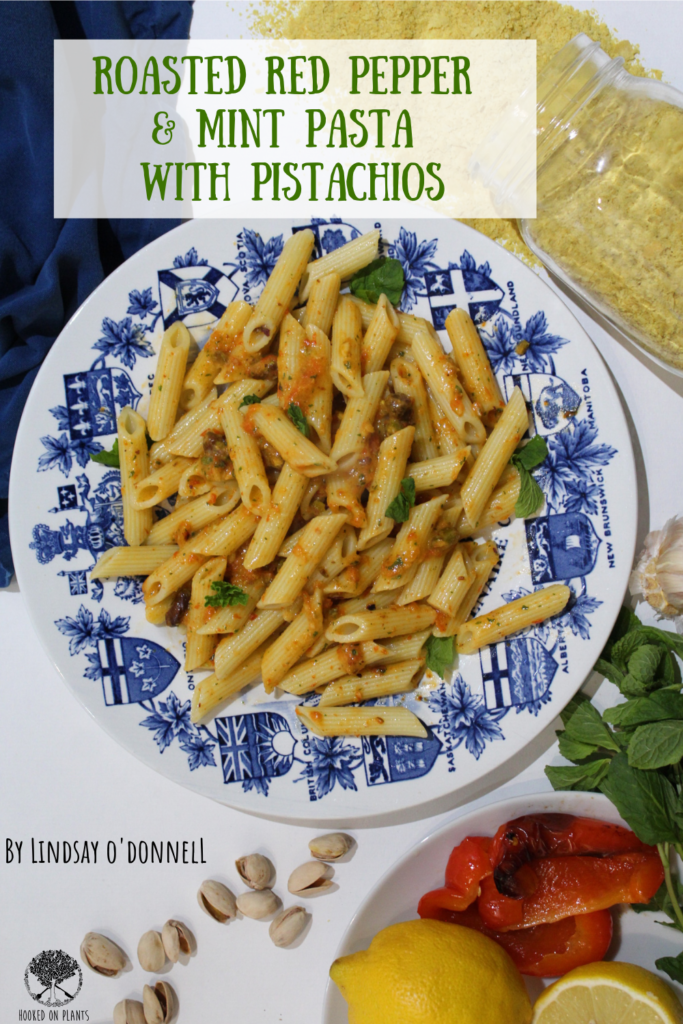
Recipe: Roasted Red Pepper and Mint Pasta with Pistachios
(Serves 4)
All of December I’m usually hosting, drinking, and eating decadent, delicious food. So for me, January is all about simplifying. I’m usually really busy with work and getting back into routines so I am all about tasty recipes that are fast, simple, and made with ingredients I already have on hand.
I LOVE this recipe. You can make it in about 20 minutes and the colours are so bright and sunny and I love all the flavour notes that blend together so beautifully.
Ingredients:
- Pasta for 4 people
- 4 red, yellow, or orange bell peppers
- 4-6 stems of fresh mint
- Juice from ½ a lemon
- 3 cloves of garlic
- 4 tbsp. nutritional yeast
- ½ cup pistachios
- ½ cup of olive oil
- Dash of salt
Instructions:
- Slice and pit the peppers, drizzle with olive oil and then sprinkle with some salt before putting them in the oven on broil for 15-25 minutes until the edges are blackened
- When the peppers are almost done, start cooking that pasta
- Put the rest of the olive oil in the blender with the chopped garlic and blend until the garlic is nice and blended
- Add the peppers, yeast, salt, lemon juice, and mint to the blender and mix until smooth
- Then add the pistachios for just a few seconds (I like them chunky in the sauce but you can blend for longer)
- Taste and add more salt or mint depending on your preference
- Mix the freshly cooked pasta with the sauce and top with any remaining fresh mint you have!
If you make this tag @lindsayisvegan @piquantmarketing @hookedonplants !
Check out @8020plants for all the help you need for going plant based



